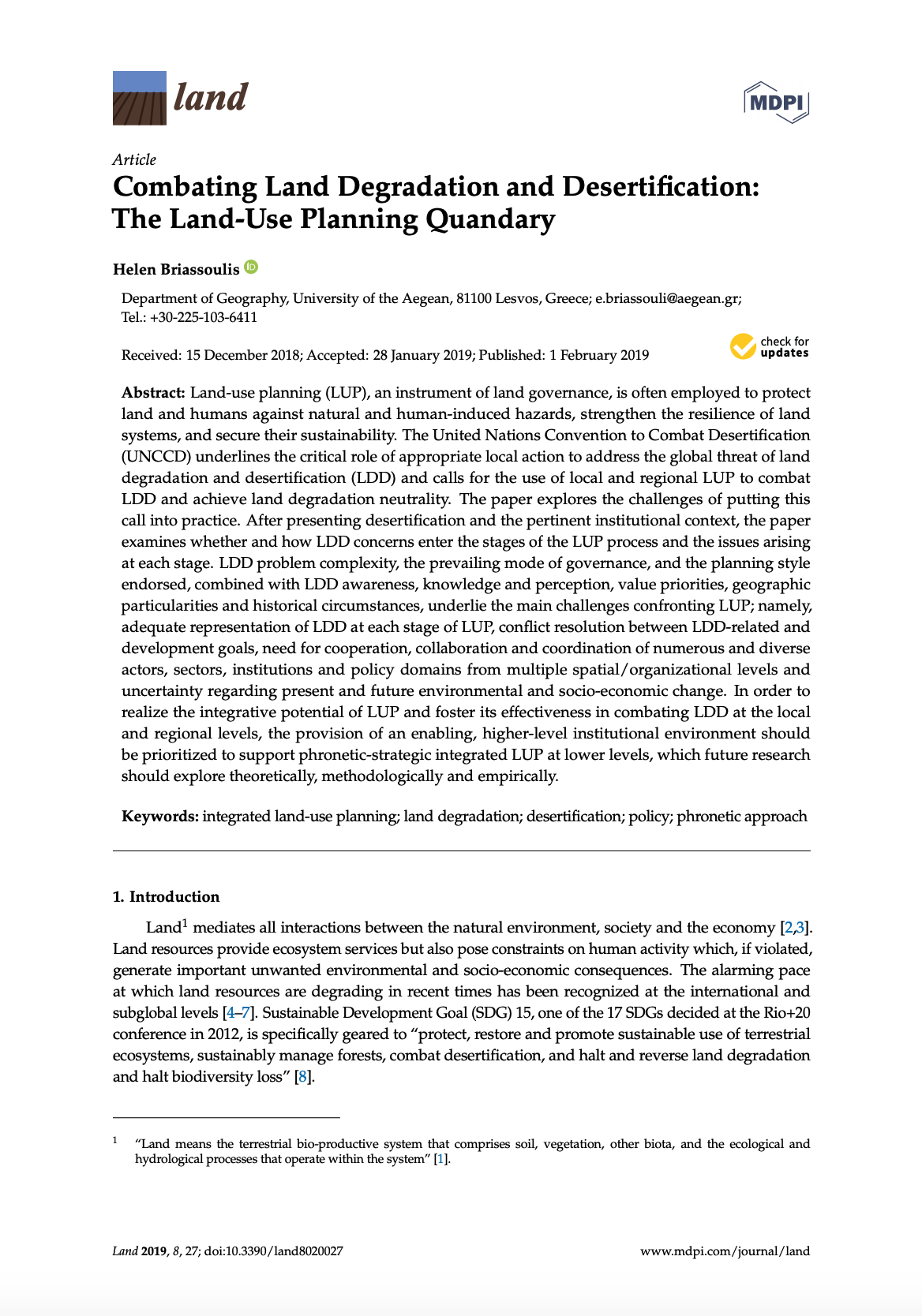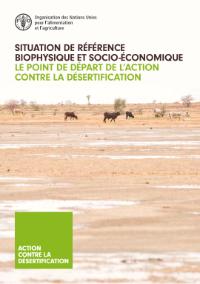Empowering drylands women
The Integrated Drylands Development Programme (IDDP) is a global UNDP initiative to promote sustainable development in the drylands, and advance the implementation of the UN Convention to Combat Desertification. This topic brief highlights the important role that gender plays in this context of sustainable development, in particular the role of women in the Arab States and Africa. In these regions, inequality and stereotypical gender norms often prevent women from contributing to the sustainable development of drylands, despite possessing a wealth of traditional knowledge and skills.









